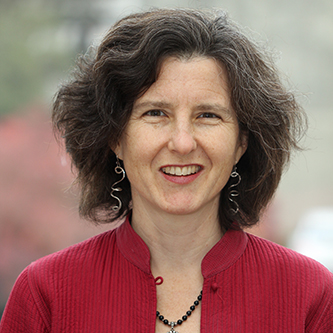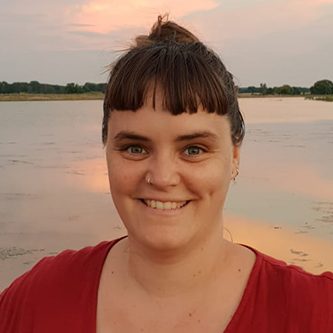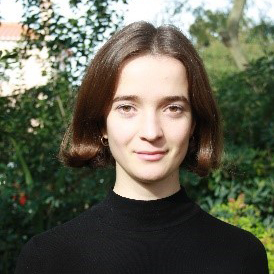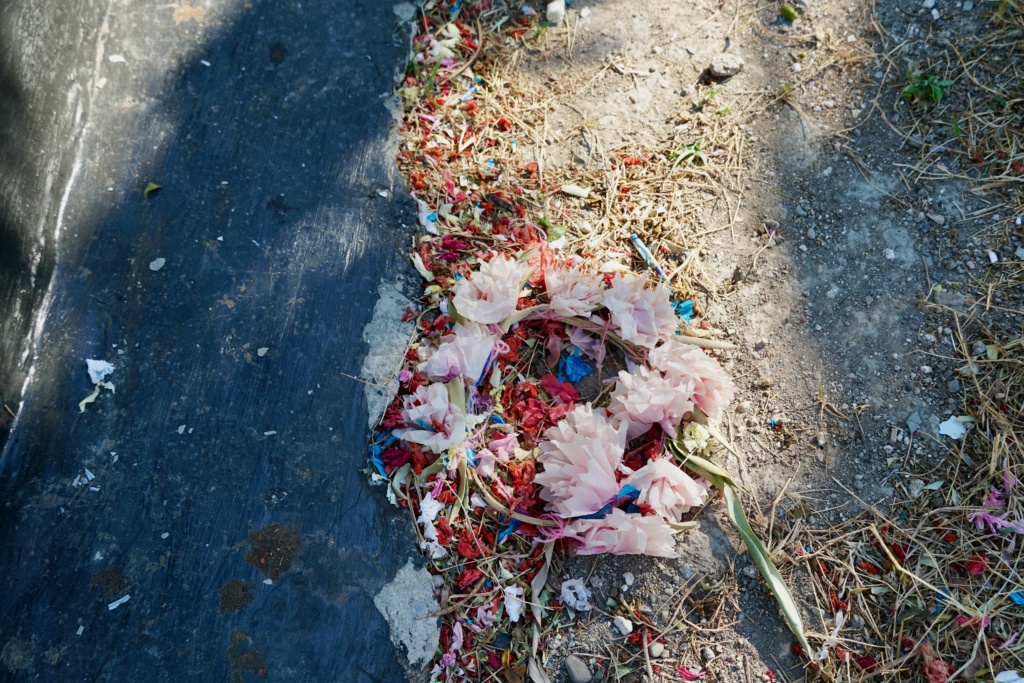Panel 3 – Everyday Intimacies and the State
22.10.2020 | 16:30 – 18:00 (CET)
Discussant: VANESSA RAU
(MPI for the Study of Religious and Ethnic Diversity, Göttingen)

Alexia Bloch
Professor at the University of British Columbia, Vancouver, Canada
African Migrant Mothers, Kin Ties, and the State
Abstract: This paper examines experiential dimensions of navigating a gendered detention regime on the edge of Europe. As of the late 1990s a distinct migration trajectory has emerged with refugee women and men from various sub-Saharan countries, but especially Congo and Cameroon, sites of ongoing strife with histories of connection to the Soviet Union and recently renewed Russian military and humanitarian funding, seeking asylum in Russia. Drawing on ethnographic fieldwork in Moscow with Russian NGOs and refugee women seeking assistance for themselves and their children, my research is framed within a vibrant literature on the ways migrant families, care, and the policing of mobility are transforming and how migrants themselves experience this (e.g., Coe 2013; Constable 2014; Willen 2019). In particular, this paper focuses on a striking phenomenon in Moscow, where my migrant interlocutors describe young children as a key part of hassle-free mobility across the city; especially small children, usually born in Russia and possessing a Russian birth certificate (but not citizenship), are said to provide a certain protection from police harassment, costly fines for being undocumented, or even deportation. Migrants’ narratives often point to mothers’ reproductive decisions, i.e. to give birth even as they are undocumented asylum seekers, as a strategic move. Other accounts suggest that women’s decisions to have a child soon after they arrive in Moscow offer an essential source of hope and respite from grim realities, including the difficulty of maintaining relationships with refugee men who are relentlessly targeted by police. Overall, I argue for greater attention to how refugee mothers and caregivers experience their encounters with the state, and how state and civil society organizations shape their experience of intimacy and ties of kinship more broadly.

Laurie Lijnders
PhD Candidate at SOAS, University of London, London, UK
‘Getting Out’ as Lived Experience, Relational Practice and Resistance Strategy: Mobility and Immobility under Israel’s Asylum Regime
Abstract: As part of long-term ethnographic research in Israel, this paper zooms in on the biographical narratives and lived experiences of four women from Eritrea, who exist with precarious status in Israel. Looking at different policies and processes and their gendered implications, including non-transparent access to refugee status, no legal employment, taxation, and the inability to access medical healthcare and social welfare, I complexify how Israel’s asylum regime influences and disrupts everyday intimacies on different relational and familial levels. Exploring mobilities and immobilities, in the light of Israel’s asylum regime, “the here and now” for many women is synonymous to “mewtsie mengedi” or “getting out”, as many search for regular or irregular ways to leave Israel as they survive on the peripheries of Israel’s society. Exploring the significant impact on women’s everyday lives, hopes, dreams and fears this paper magnifies and challenges two intimate spaces as lived experiences, relational practices and resistance strategies against global migration regimes: marriage; and carework. Mothers often have multiple caring responsibilities across borders, for children born in Israel or along the route, and those left in care in Eritrea. Under Israel’s asylum regime they are unable to reunite turning traditional caring responsibilities on their head. Intimate relations and marriage become a strategy for survival in Israel and part of the opportunity for onward migration. Each of the women, in their own way and with their own complex histories, respond uniquely in living and challenging traditional gender understandings and power dynamics in the context of these intimacies and bureaucracies.

Margarida Farinha
PhD Candidate at University of Amsterdam, Amsterdam, Netherlands
The Social Life of ‘Unclear Nationality’
Abstract: This paper presents an inquiry into the social life of the administrative category “unclear nationality” in Germany. In the end of 2018, more than 80.000 people in Germany were recorded as having an unclear nationality, about one-fourth of which were born in Germany. An unclear nationality represents a de facto statelessness and is a liminal category, as it identifies a lack of national identification and places the person it classifies in the undefined space of a yet-to-be-determined nationality. The person’s emplacement in the international legal order is postponed to a moment of an allegedly possible but not yet realised action or event that unambiguously attributes the person to a specific state.
The paper examines the effects of this liminal category by focusing on the lived experiences of Claudia. Claudia was born in Germany and has an “unclear nationality” since birth as a result of the state’s suspicion of her parent’s identity. The paper explores how this liminal category weaves into the fabric of her life, points to the events of alienation and Otherness it produces, and describes how it situates subjects differently in place and time. As such, an unclear nationality impedes naturalization, changes the solidity of a settlement permit and complicates access to a travel document. It perpetuates a state of limbo-ness over generations and confines individuals in a territory that views them as foreign. In this light, the proliferation of an “unclear nationality” as an inherited condition contributes to a construction of the “citizenry as a community of descent” (Brubaker 1992: 114).
